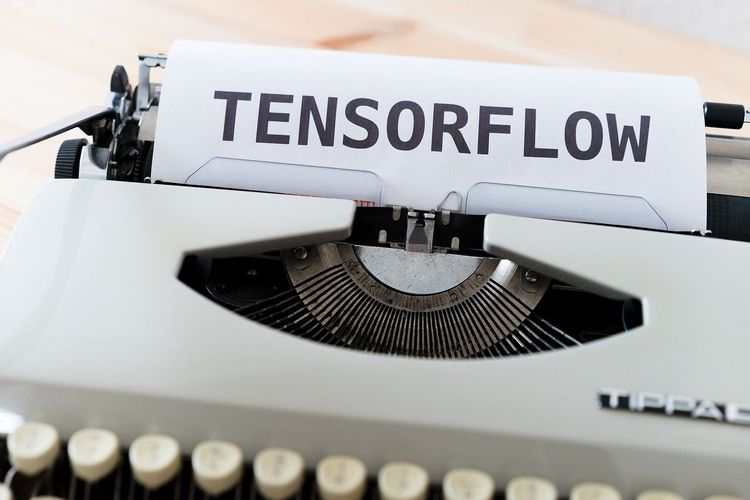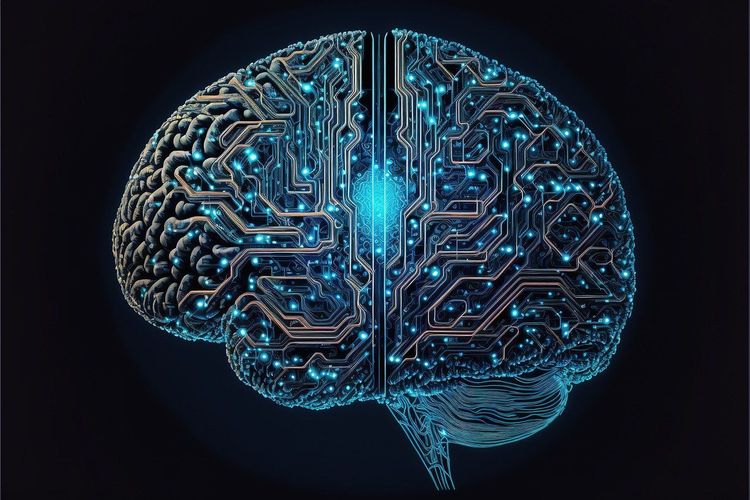Despite the ongoing conflict in Ukraine, Russian President Vladimir Putin is intensifying the country’s efforts to establish a prominent position in the global artificial intelligence (AI) landscape. He views this technology as essential for enhancing the efficiency and prosperity of Russian society. “The implementation of AI in critical sectors such as science, education, and public health marks a new chapter in human existence,” he declared at the recent Artificial Intelligence Journal conference in Moscow. “The essential question is, how can we make our country more efficient and ensure the happiness of our people? This is where artificial intelligence comes into play.”
In line with this vision, Putin announced that a presidential bill is forthcoming, which will endorse a new national strategy for AI development. This strategy aims to expand both fundamental and applied research in generative AI and large language models. To achieve this, he emphasized the need to significantly enhance Russia's supercomputing capabilities, viewing this expansion as vital for the advancement of generative AI technologies.
Putin's statements reflect the Kremlin’s aspiration to revive its historical reputation for scientific innovation. He criticized the dominant position of Western powers in AI development, labeling it as a detrimental and monopolistic force that overlooks Russian culture and perspectives. He argued that existing generative AI models from the West are biased, as they “ignore or dismiss” the nuances of Russian culture.
However, experts warn that if Russia were to make substantial advancements in AI, it could create a significant risk to global stability, even though such developments currently seem unlikely. For 2024, the Kremlin has earmarked approximately 5.2 billion rubles (about $57.4 million) for AI research. In comparison, the funding allocated by the U.S. government for AI research in 2022 was fifty times larger, highlighting a stark disparity in investment levels in AI technologies between the two nations.
Russian leaders maintain that fostering innovation is indispensable for national strength, especially in the context of evolving military threats. According to a report from the Center for Naval Analysis, new technological ideas are deemed vital for bolstering Russia's defense capabilities.
Some observers see Russia's ambitions in AI as a legitimate threat to Western interests. Unlike the stringent regulations guiding AI weapon systems and autonomous vehicles in the United States—where human oversight is mandated—Russia operates without such constraints, which raises concerns about the potential implications of their AI capabilities. Technology consultant Richard Boyd noted that Russia's use of AI extends beyond military applications, with potential misuse in disinformation campaigns capable of causing electoral chaos, civil unrest, and cyberattacks. “Any nation that achieves a disruptive advantage in AI will change the dynamics of global power,” he remarked.
In the realm of military applications, the Russian Ministry of Defense is increasingly integrating AI to enhance data analysis and accelerate decision-making processes on the battlefield. This strategy aims to enable quicker and more effective responses during combat operations, with some analysts predicting that robots might soon play pivotal roles in making critical military decisions.
On the commercial front, Russian financial institution Sberbank has recently launched GigaChat, an AI model designed to compete with popular platforms like ChatGPT. Currently in its nascent stage, this localized version is available to select users via an invitation system. Meanwhile, the Moscow tech company Sistemma has developed SistemmaGPT, an AI model tailored for Russian enterprises and government entities, functioning exclusively in the Russian language and on local servers.
Despite these endeavors, experts like Boyd express skepticism about Russia's capacity to achieve a leading position in AI technology in the near future. Key challenges include limited access to high-performance computing resources and training datasets, particularly following NVIDIA's decision to halt sales of GPU systems to Russia. The predominance of training data in English and the collaborative stance of U.S. tech companies further complicate Russia's ambitions.
For Russia to successfully bridge the gap with the United States and NATO in AI development, it would require significant access to vast computing power and extensive datasets. Historically, Russia has boasted a strong science and technology foundation, but this has diminished due to the repercussions of the Ukraine conflict.
Alyona Medelyan, CEO of AI firm Thematic, pointed out that while advanced AI technology is openly available, effective application requires specialized skills that are increasingly scarce. With many top scientists having left Russia for opportunities in the U.S. and Europe, the nation faces not only a talent drain but also challenges in overcoming propaganda and misinformation—factors that complicate its aspirations in the AI domain.







